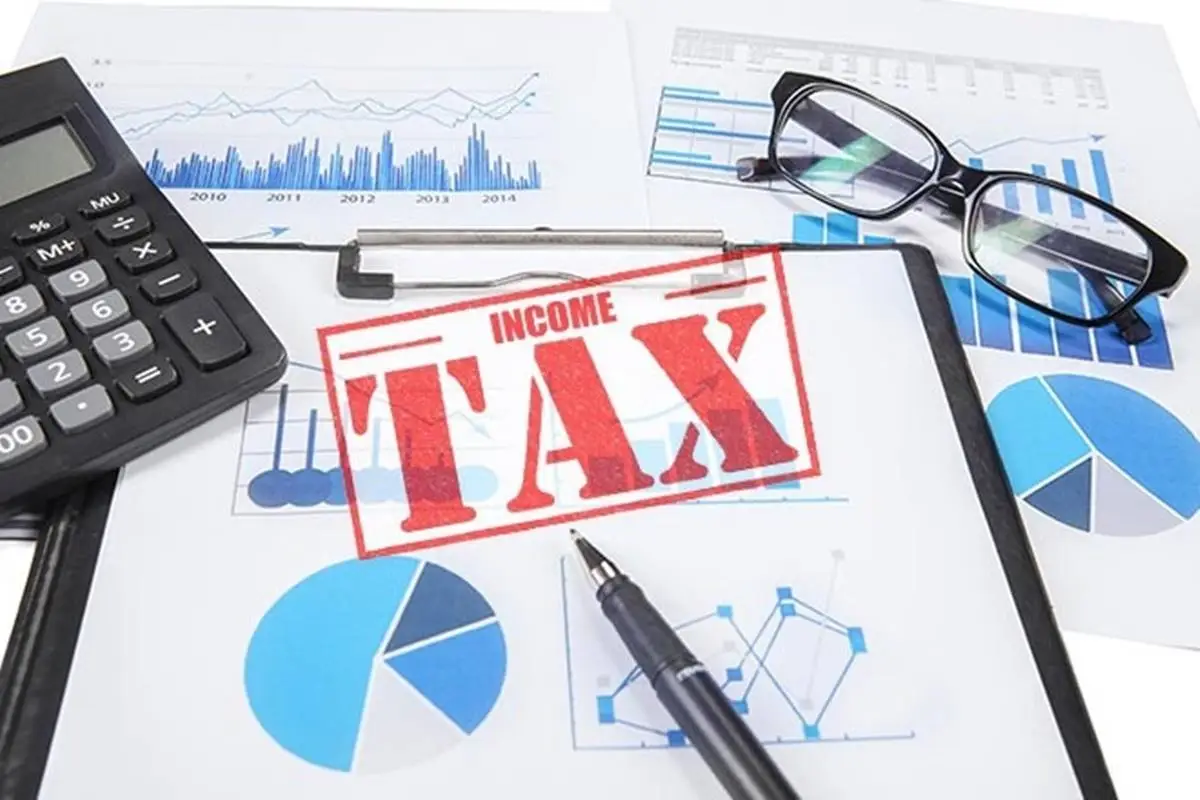Although the Tax Cuts and Jobs Act of 2017 removed deductions such as IRA custodial fees and accounting costs from investors’ taxes, other methods remain available to them to lower them. A cost segregation study can yield significant depreciation deductions on commercial real estate that may require shorter depreciation cycles than standard 27.5 years.
1. Investment Interest Expense
The tax code allows investors to deduct the interest on money borrowed for specific investment assets, such as margin debt used to purchase securities. However, this above-the-line deduction only applies if itemizing your taxes; and its availability can be restricted depending on various factors.
Example: Your interest expense deduction cannot exceed the total investment income that you earned that year – such as dividends and net capital gains. Furthermore, it should not be used to purchase nontaxable investments like tax-exempt bonds; furthermore it must not go towards funding so-called passive ventures like businesses owned but in which you do not materially participate.
If you are considering taking this deduction, consult a tax adviser in order to identify the most advantageous course of action for you and your situation. Also keep in mind that for 2018-2025 the IRS has eliminated most Schedule A miscellaneous itemized deductions.
2. Capital Losses
If you sell an investment for less than its cost basis, such as stocks or mutual funds, and take a capital loss deduction on your tax return. Deductions of capital losses are limited to $3,000 annually but any excess can be carried forward to offset future capital gains.
Investors frequently utilize stock losses to offset short-term capital gains that are subject to higher tax rates compared to longer-term ones. But selling losing investments just for this deduction should only be undertaken if there’s reasonable assurance they will return to profitability in due time.
As well as capital losses, certain expenses related to investing taxable assets may also be deductible. These include fees paid to your broker or investment manager; fees associated with investment research and publications; travel costs related to managing investments and real estate. Unfortunately, you cannot deduct expenses associated with activities that produce nontaxable income such as interest or tax-exempt dividends.
3. Miscellaneous Investment-Related Expenses
Prior to the 2017 Tax Cuts and Jobs Act, investors could deduct various investment-related expenses like investment advice fees, custodial fees for their IRA accounts, accounting costs necessary for producing or collecting taxable investment income as deductions up to 2% of adjusted gross income.
The Tax Cuts and Jobs Act eliminated this deduction for 2018 through 2025; however, you may still be eligible to claim such expenses depending on your personal situation.
Under Section 212(g), expenses related to attending shareholder meetings of companies in which you own shares generally cannot be deducted, nor can charges for basic local telephone service at your home if used for trade or business.
If you have questions regarding whether certain expenses qualify as tax deductible deductions, consult with a tax professional to learn how best to maximize their deduction for your specific circumstances. You can also access more information via Publication 529 on Investment Expenses of the Internal Revenue Service website.
4. Qualified Dividends
If you own shares in a growth-oriented company like Tesla or Amazon, your goal should be for them to continue reinvesting their net profits to accelerate growth at an even quicker pace while not paying out a dividend as this income must be subject to taxation.
The IRS allows shareholders to avoid paying taxes on dividends by opting to treat them as qualified rather than ordinary investment income, with qualifying dividends subject to lower capital gains rates that currently top out at 20% for single filers and 23.8 % for joint filers.
To qualify for the lower tax rate, dividends must meet certain criteria. They must be issued from domestic corporations or foreign corporations that trade on U.S. stock exchanges or have tax treaties with the United States, and held unhedged for at least 60 days within 121-day period before ex-dividend date or record date (also called ex-dividend date or record date). Nonqualified dividends will typically be taxed at ordinary income rates.







